ISO (International Organization for Standardization)
Get in Touch to Explore More
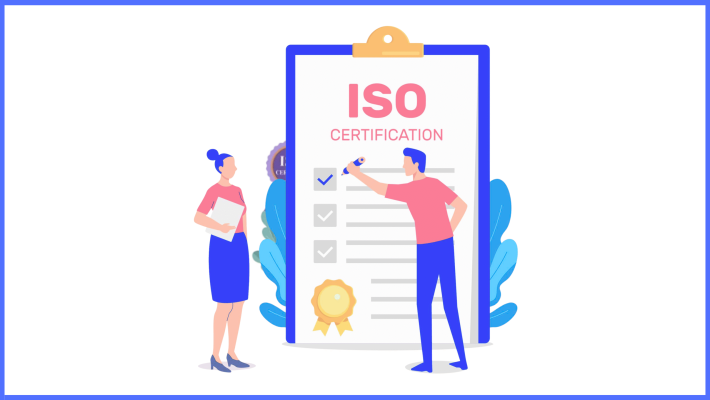
ISO (International Organization for Standardization) is an independent, non-governmental international organization that develops and publishes standards for various industries and sectors. These standards are designed to ensure quality, safety, and efficiency in the products, services, and systems that they pertain to.
ISO standards are voluntary, but they are widely used and recognized internationally. These standards are developed through a consensus-based process that involves experts from relevant fields, industries, and countries.
ISO standards cover a wide range of topics, including management systems, products, services, and processes. Some examples of widely used ISO standards include ISO 9001 for Quality Management Systems, ISO 14001 for Environmental Management Systems, and ISO 27001 for Information Security Management Systems.
ISO standards help organizations to improve their performance and competitiveness by providing a framework for best practices and management systems. It also helps organizations to meet the expectations and requirements of their customers, regulators, and other stakeholders.
By obtaining certification to an ISO standard, organizations can demonstrate their commitment to quality, safety, and efficiency and can gain a competitive advantage in the global marketplace.
Popular ISO Services We Offer:
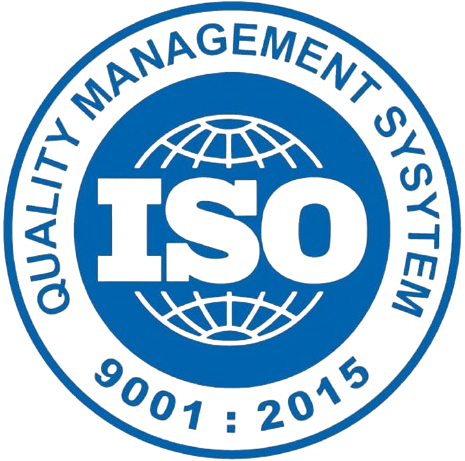
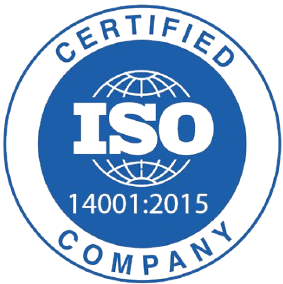

ISO - 9001:2015 - Quality Management System (QMS)
ISO 9001:2015 is a globally recognized standard that outlines the requirements for a Quality Management System (QMS).Ensures consistent quality, customer satisfaction, and continuous improvement.
ISO 14001:2018 - Environmental Management System (EMS)
ISO 14001:2018 – Environmental Management System (EMS) A global standard for managing environmental responsibilities. Helps organizations minimize waste, save resources, and promote sustainability.
ISO - 21001:2018 - Educational Organization Management System (EOMS)
ISO 21001:2018 is a globally recognized standard for management systems, specifically crafted for educational organizations. It lays out a framework that helps institutions meet the needs...
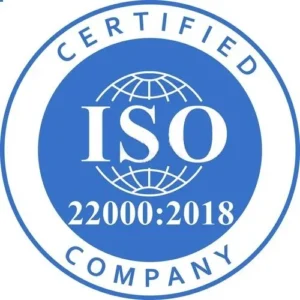
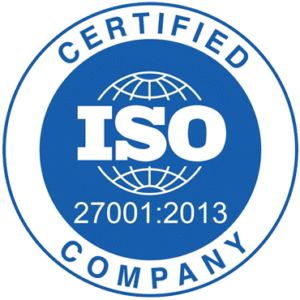
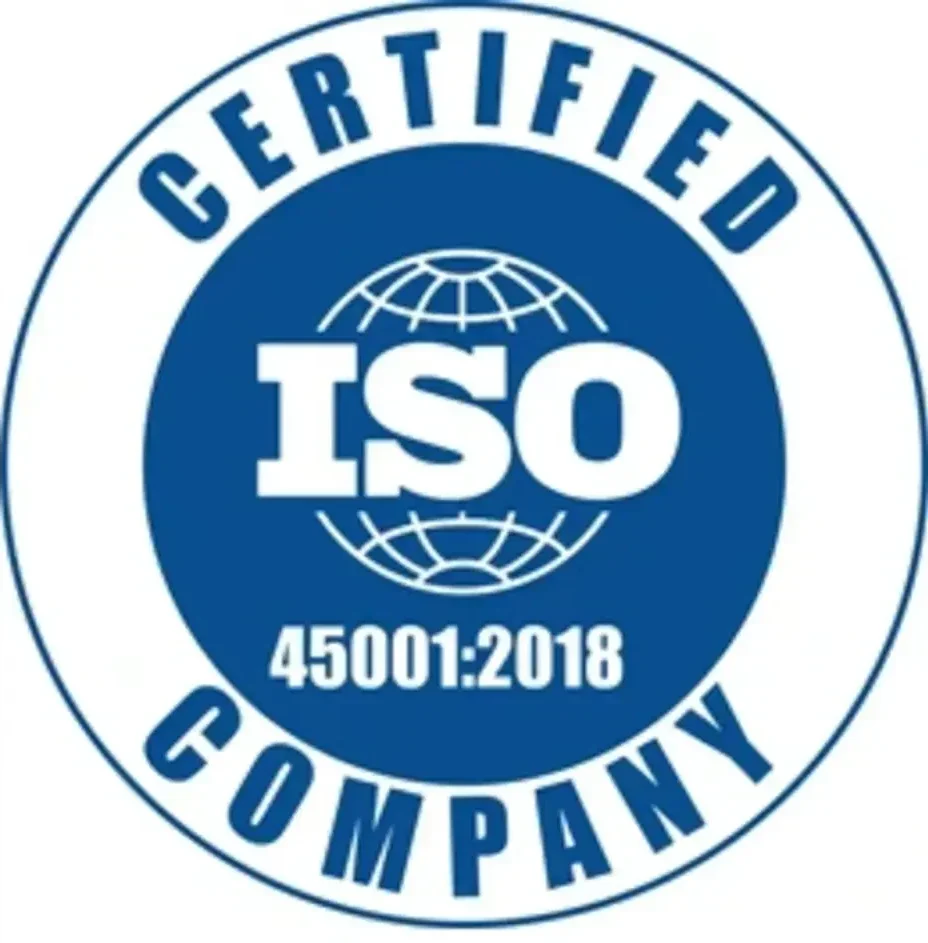
ISO - 22000:2018 - Food Safety Management System (FSMS)
ISO 22000:2018 – Food Safety Management System (FSMS) is a worldwide standard designed to ensure food safety throughout the entire supply chain. It assists organizations in managing hazards effectively while also boosting consumer confidence.
ISO - 27001:2018 - Information Security Management System (ISMS)
ISO 27001:2018 – Information Security Management System (ISMS) is all about safeguarding sensitive data through a structured approach to risk management. It guarantees the confidentiality, integrity, and availability of information.
ISO - 45001:2018 - Occupational Health and Safety Management System (OHSMS)
ISO 45001:2018 – Occupational Health & Safety Management System (OHSMS) is all about keeping our workplaces safe and minimizing the chances of accidents. It encourages a healthy work atmosphere while ensuring we stick to safety regulations.
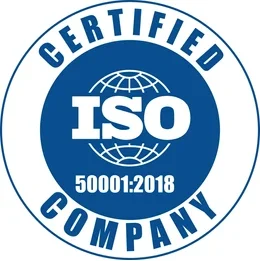
ISO - 50001:2018 - Energy management system (EnMS)
ISO 50001:2018 – Energy Management System (EnMS) is designed to help organizations make the most of their energy usage while boosting overall efficiency. It not only cuts down on energy expenses but also promotes environmentally friendly practices that contribute to sustainability.
Overall, ISO is a widely recognized and respected organization that develops and publishes standards to ensure quality, safety and efficiency in various industries and sectors, it is a powerful tool for organizations to improve their performance, meet regulatory requirements and gain a competitive advantage.
Series or families of ISO
1. ISO 9000 family: This series of standards deals with quality management systems and provides a framework for best practices in areas such as quality control, quality assurance, and quality management. The most well-known standard in this series is ISO 9001, which is the international standard for quality management systems.
2. ISO 14000 family: This series of standards deals with environmental management systems and provides a framework for best practices in areas such as environmental protection, energy efficiency, and sustainability. The most well-known standard in this series is ISO 14001, which is the international standard for environmental management systems.
3. ISO 18000 family: This series of standards deals with Occupational health and safety management systems and provides a framework for best practices in areas such as safety, risk management, and emergency preparedness. The most well-known standard in this series is ISO 18001, which is the international standard for Occupational health and safety management systems.
4. ISO 22000 family: This series of standards deals with Food safety management systems and provides a framework for best practices in areas such as food safety, quality, and risk management. The most well-known standard in this series is ISO 22000, which is the international standard for Food safety management systems.
5. ISO 27000 family: This series of standards deals with Information Security management systems and provides a framework for best practices in areas such as risk management, access control, and incident management. The most well-known standard in this series is ISO 27001, which is the international standard for Information security management systems.
6. ISO 31000 family: This series of standards deals with Risk management and provides a framework for best practices in areas such as risk identification, assessment, and control.
7. ISO 37000 family: This series of standards deals with the Governance of Organizations and provides a framework for best practices in areas such as corporate governance, internal control, and performance management.
These are just a few examples of the many ISO standards that exist. Each standard is developed through a consensus-based process that involves experts from relevant fields, industries, and countries. Organizations can obtain certification to these standards to demonstrate their commitment to quality, safety, and efficiency and gain a competitive advantage in the global marketplace.
Need expert assistance? xLegal Team provides end-to-end support for trademark hearings, Contact us at +91 9319661668, info@xlegal.in